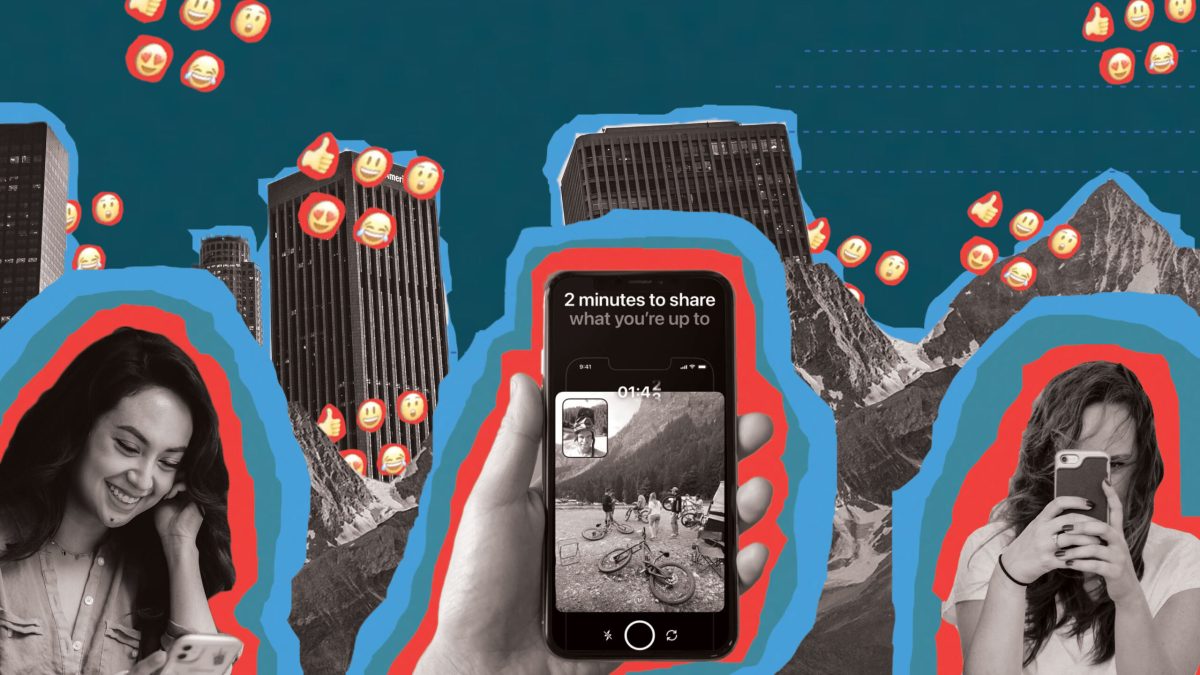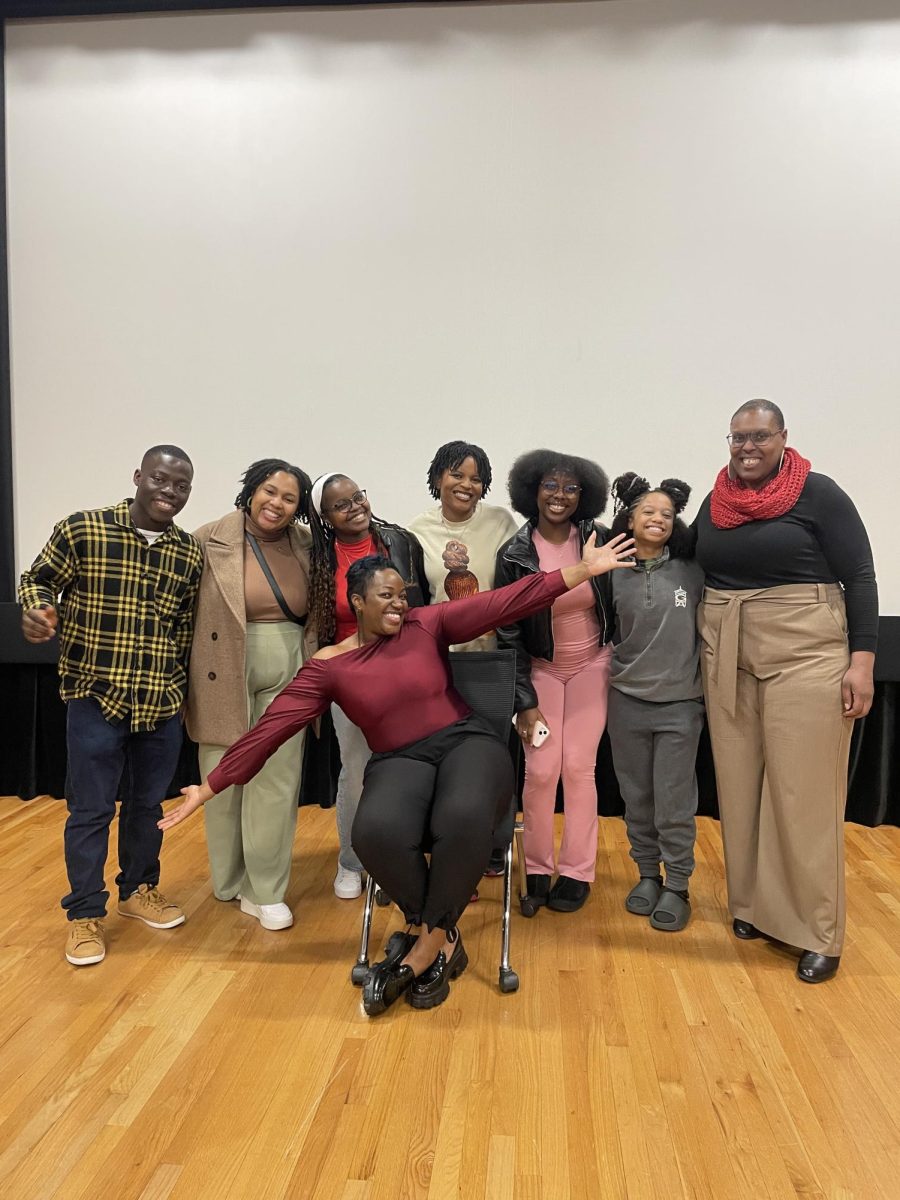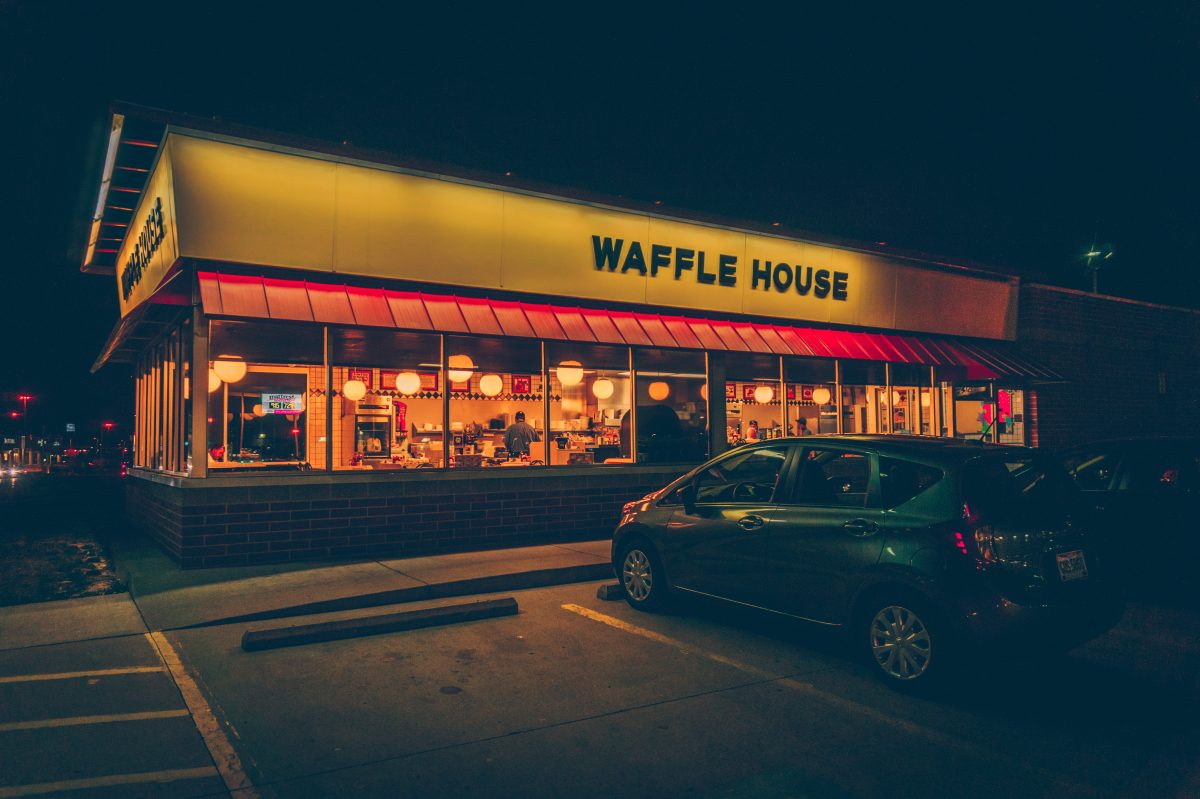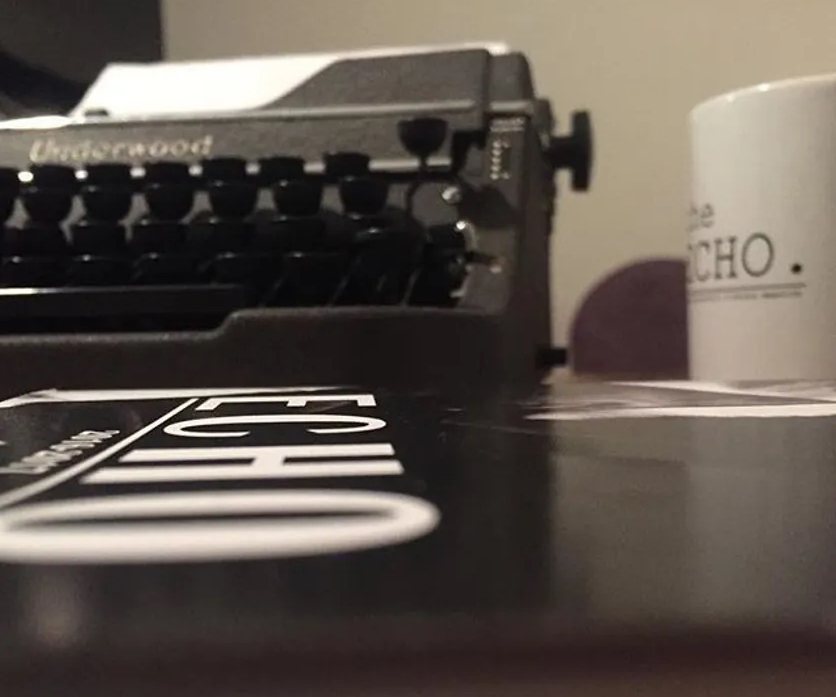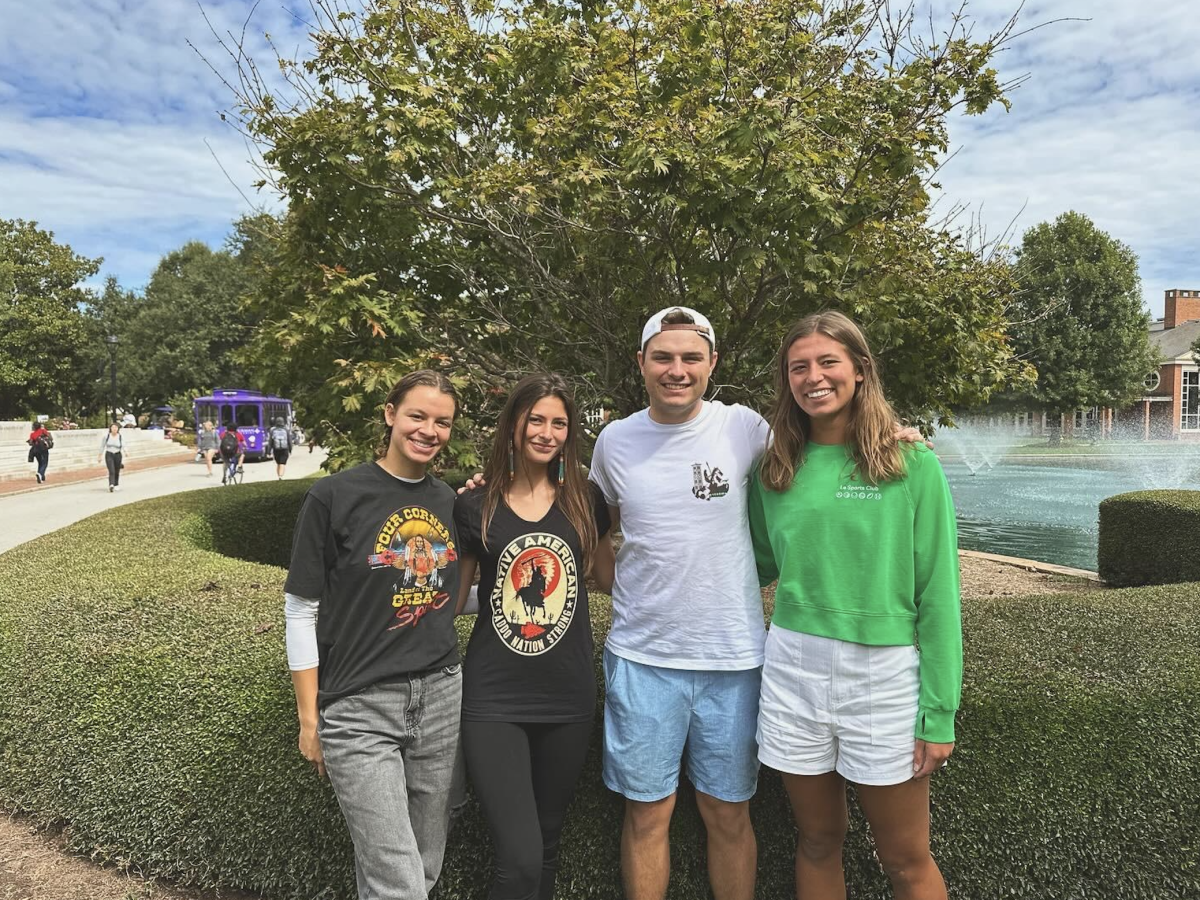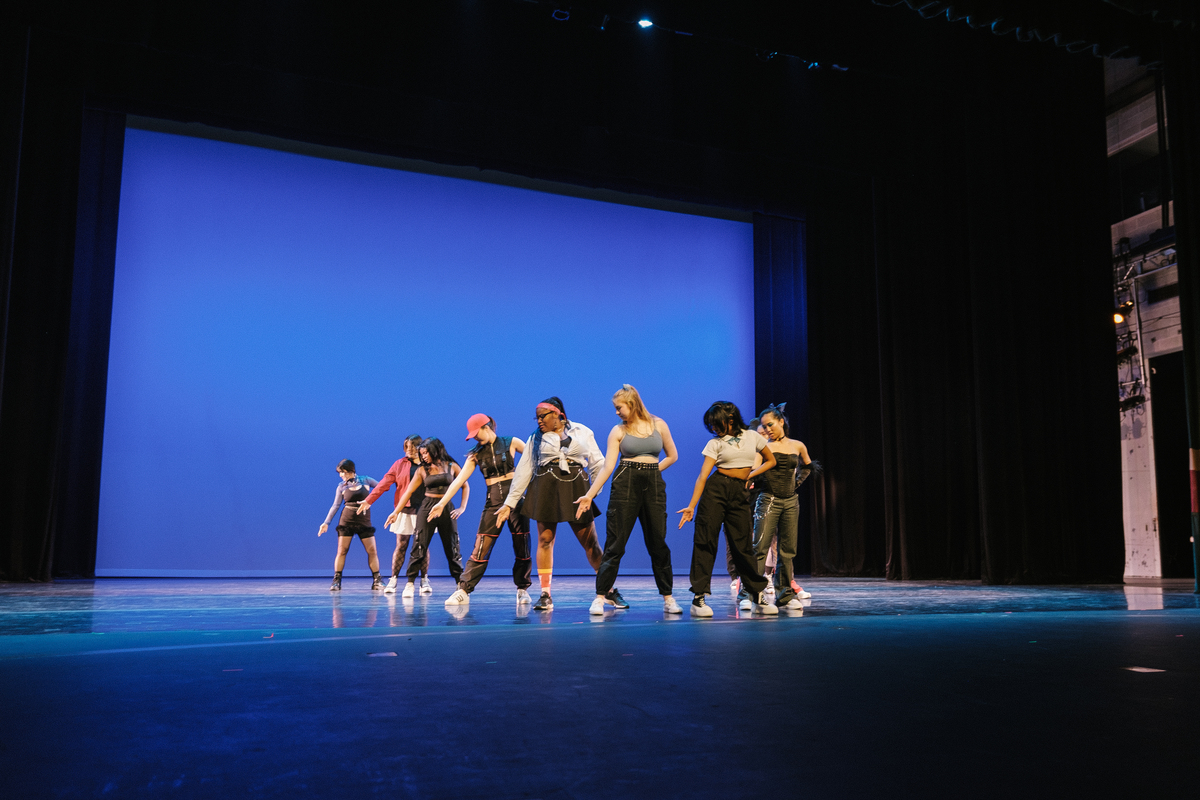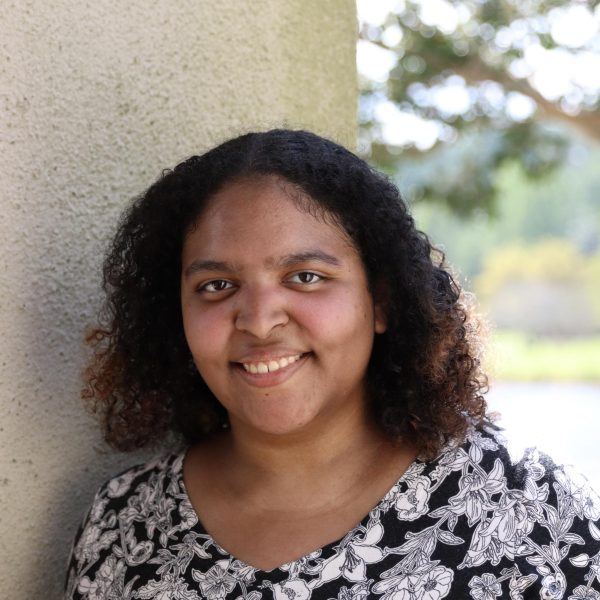By now, you are probably familiar with the newest social media app that has taken teenagers and young adults by storm: BeReal.
I remember sitting in the audience of Furman Theatre’s production of “Never Swim Alone,” waiting for the show to begin, when dozens of people excitedly clamored, “It’s time to BeReal!” and, “Do you want to be in my BeReal?” Witnessing this frenzy as someone who does not have a BeReal account was disorienting, but it was also refreshing to see the sense of community the app seemed to foster.
Originally released in 2020, the app gained a massive following in 2022. On their website, BeReal states, “Every day, at a different time, everyone is notified simultaneously to capture and share a photo in two minutes.” The goal of the app was to create a “new and unique way to discover who your friends really are in their daily life,” to combat the isolating effects found on other social media platforms such as Instagram, FaceBook, and Snapchat. A study conducted by the American Journal of Preventive Medicine shows that young adults who spend over two hours on social media platforms such as Instagram, Facebook, and Snapchat report higher feelings of social isolation than those who spend less time on these social media platforms. Brian A. Primack et. al explains that this result is most likely due to the fact that these social media platforms frequently expose young adults to highly distilled and unrealistic portrayals of their peers’ lives. An app that simultaneously notifies every user to take a photo, and limits the amount of time they have to take and, therefore, stage the photo, is a refreshing way to prevent the artificiality we see on most social media.
The mission of BeReal is admirable when considering the studies that have found that social media usage is linked to higher rates of anxiety and depression. Researchers at McLean Hospital state that this is, in part, due to the fact that on social media, users are “searching for validation on the internet that serves as a replacement for meaningful connection they might otherwise make in real life.” McLean further adds, “When there’s a filter applied to the digital world, it can be hard for teens to tell what’s real and what isn’t, which comes at a difficult time for them physically and emotionally.”
Furthermore, in recent years, social media platforms such as Instagram and TikTok have created a trend of being overly concerned with adhering to a particular aesthetic. The micro-labels of these aesthetics, such as “E-girl,” “Dark Academia,” “Cottagecore,” and many more, force people into a box and create an obsession with fitting into that mold. Neurolinguistic coach Rebecca Lockwood states that these aesthetics cause us to “perceive ourselves to have to stick to a certain set of rules [which] can be detrimental to someone’s growth and development.” Thred writer Sofia Phillips states, “Many are latching onto whatever watered down ‘look’ or ‘vibe’ may have hit their feeds that day, relying on an algorithm to guide their independent choices.” Instead of expressing our authentic selves accordingly, social media has encouraged us to attempt to fit into niche categories designed to appeal to the masses in accordance with what is trending at the time.
By removing the filters, pressures to conform to aesthetics, and by building the platform on photos taken in the moment at the same time for everyone, BeReal encourages authenticity. In theory, BeReal also rids users of the exposure to the insecurities that other social media platforms, such as Instagram, create.
However, what is true in theory is not always true in practice. Users have the option to post a BeReal hours after the notification has gone off, allowing users to wait until they are doing something interesting before they post their BeReal.
The popularity of BeReal has created a fascinating phenomenon that shows how much value our society places on making our lives seem more interesting than they are, even on social media platforms that are intended to foster authenticity online. We are so used to performing for others that we have difficulty allowing ourselves to have mundane lives and have to fulfill a desire to show that our lives are much more interesting than they are. The effects of social media platforms such as Instagram and FaceBook have bred this fear of mundanity that apps like BeReal are unable to break.



































